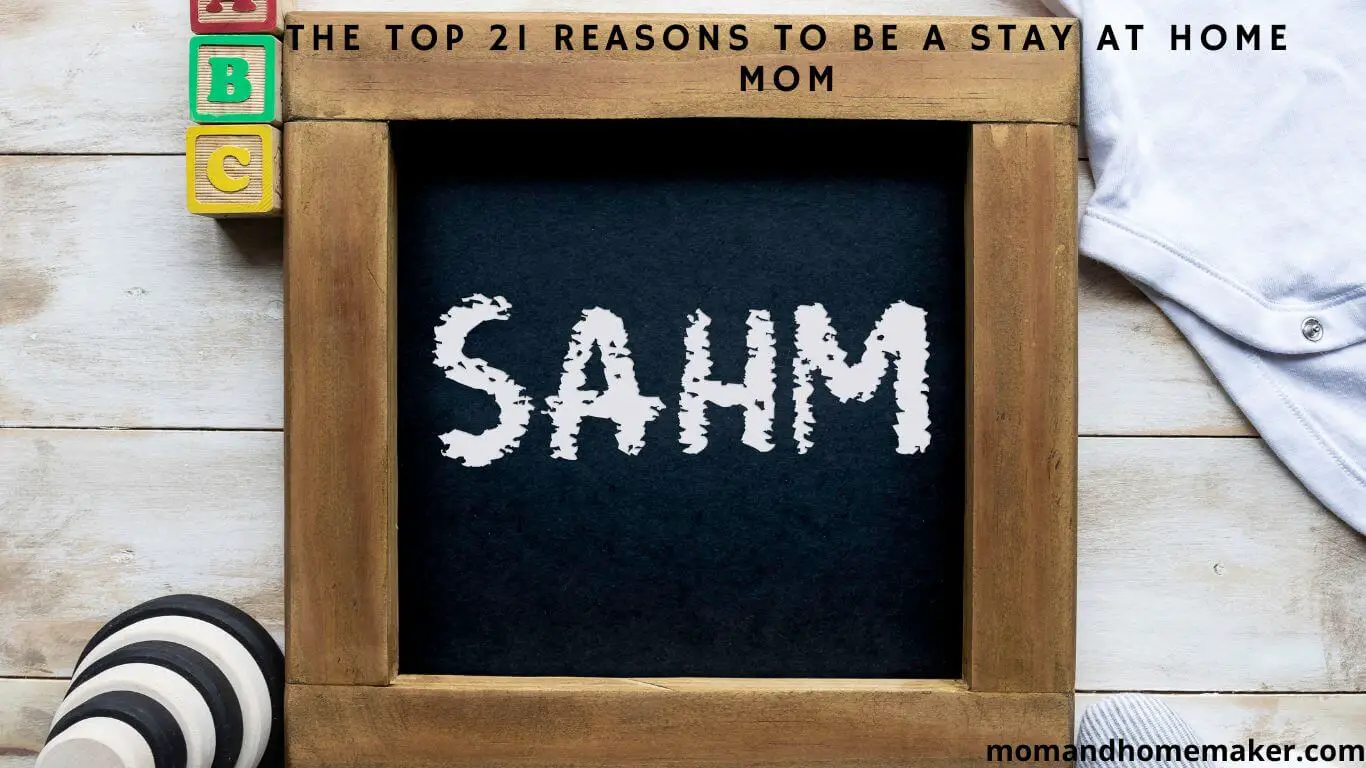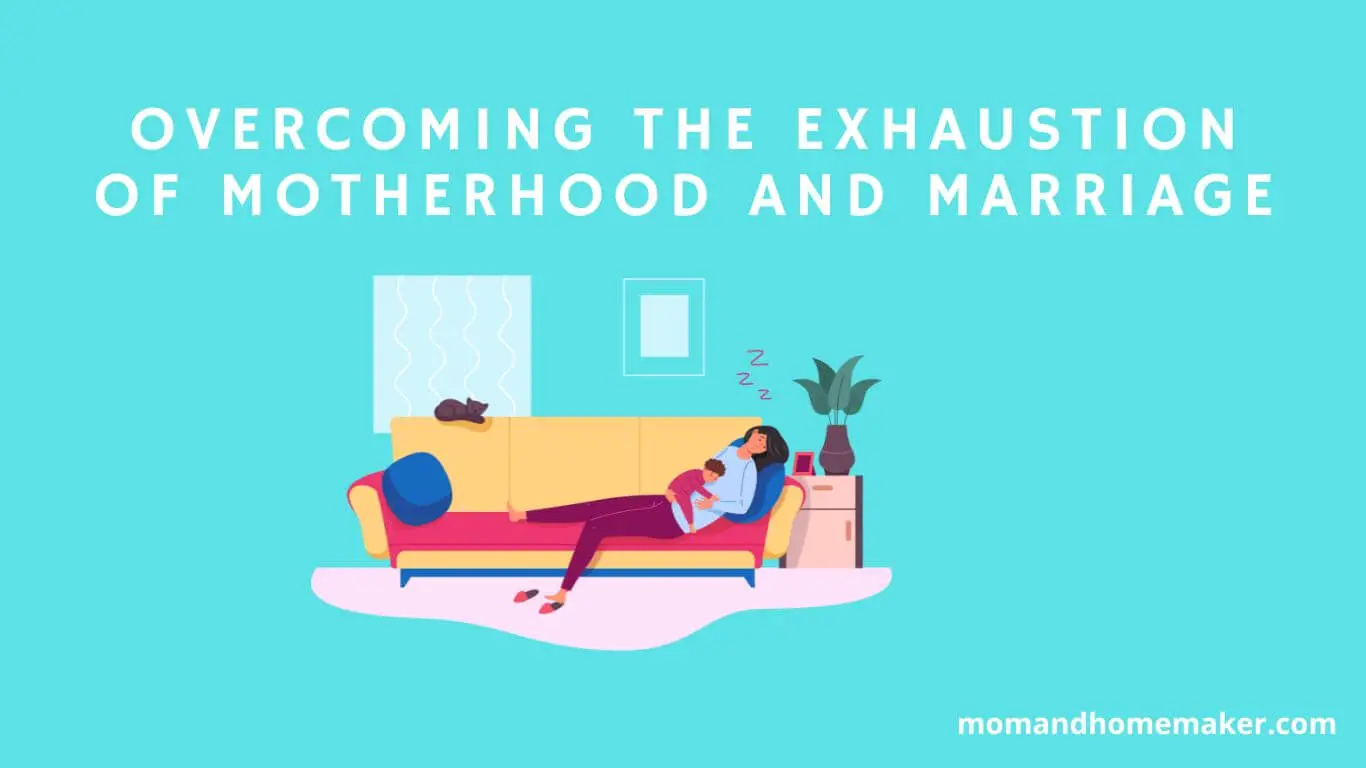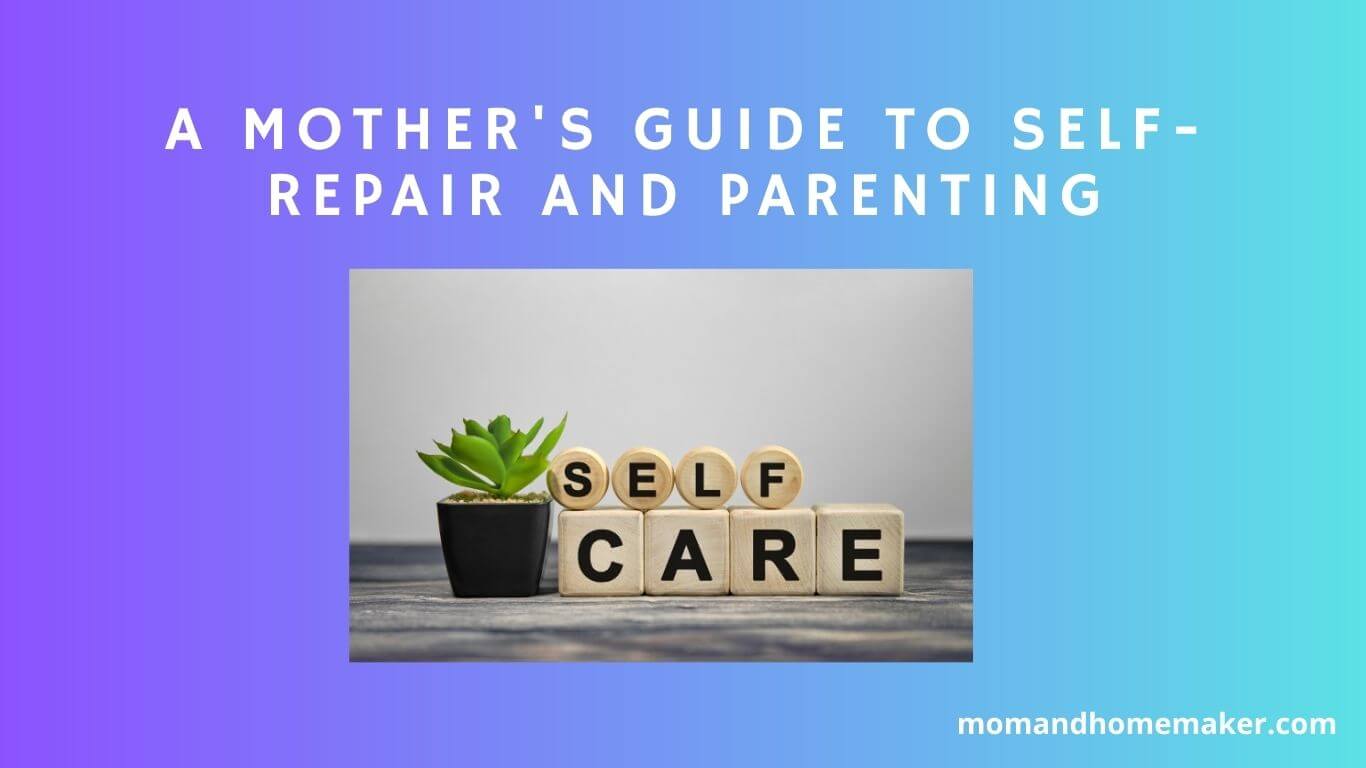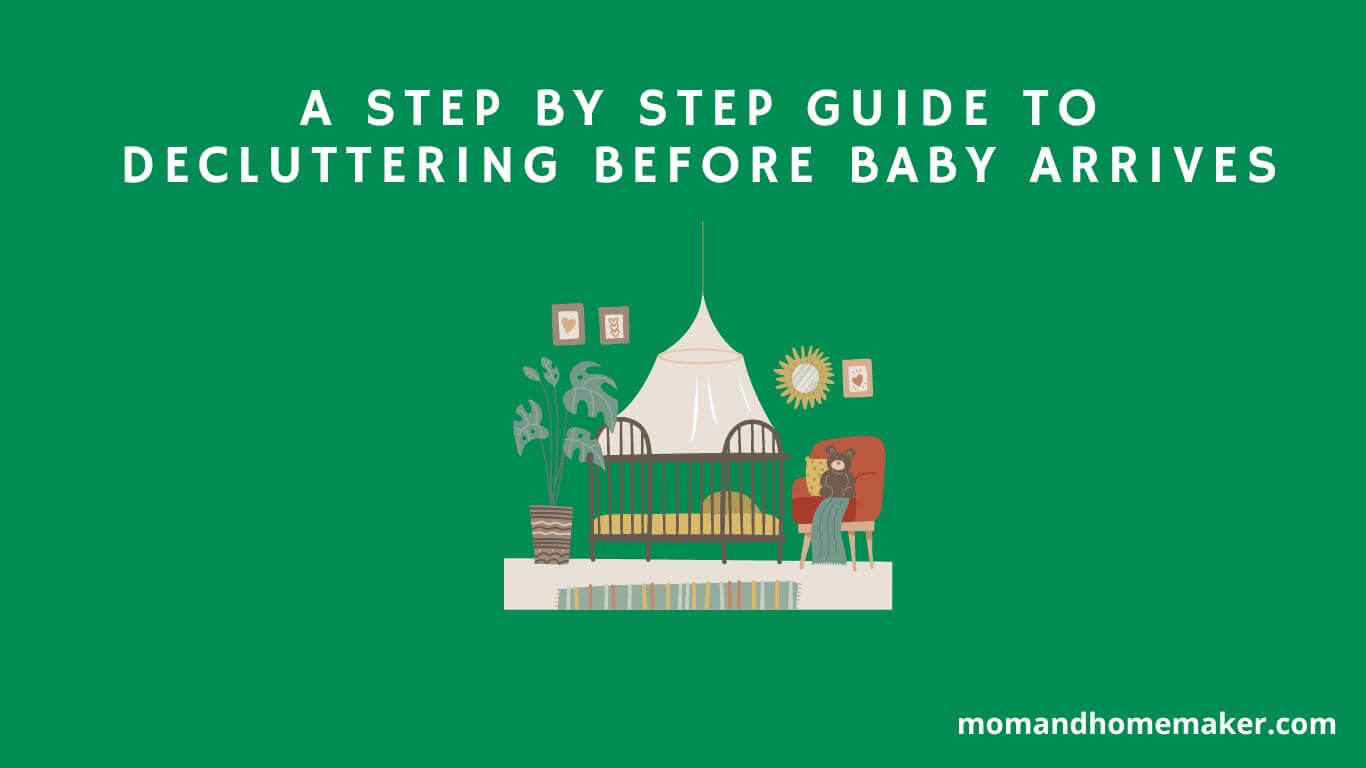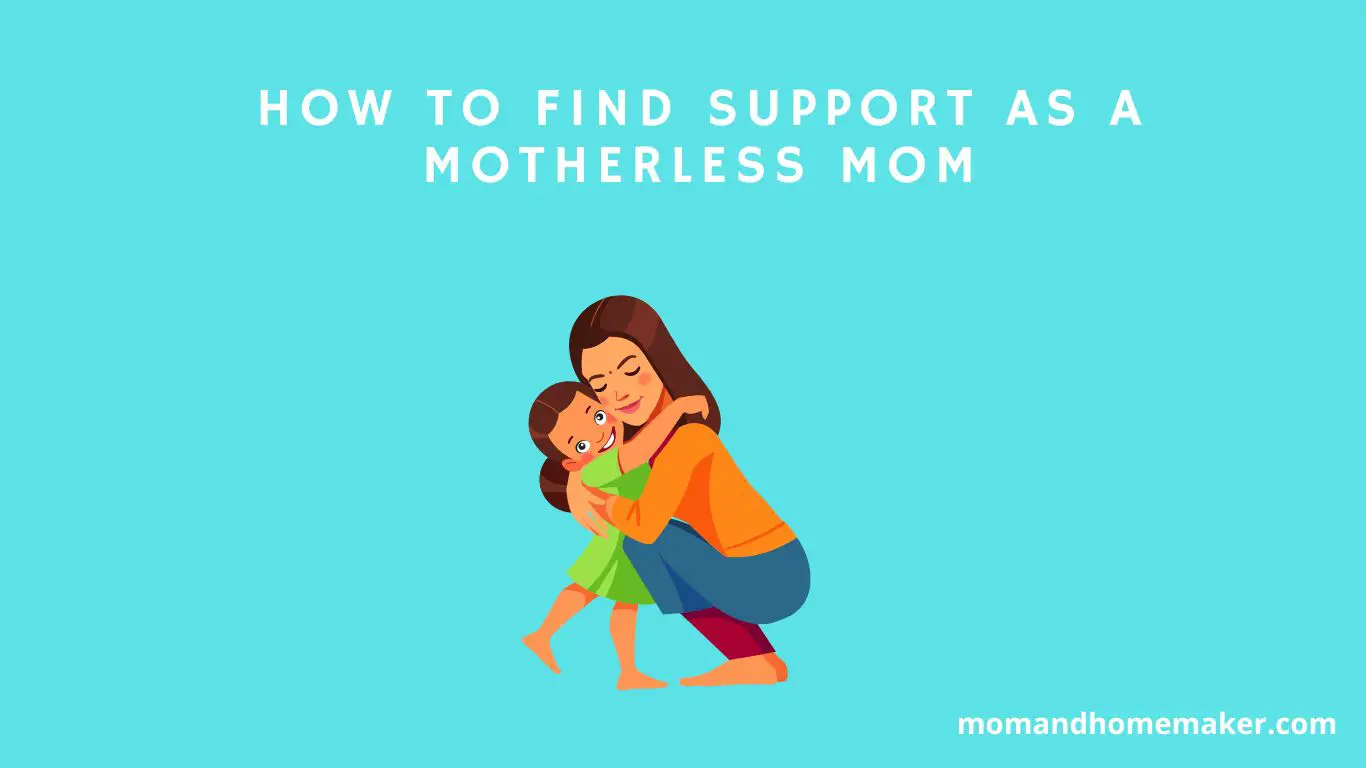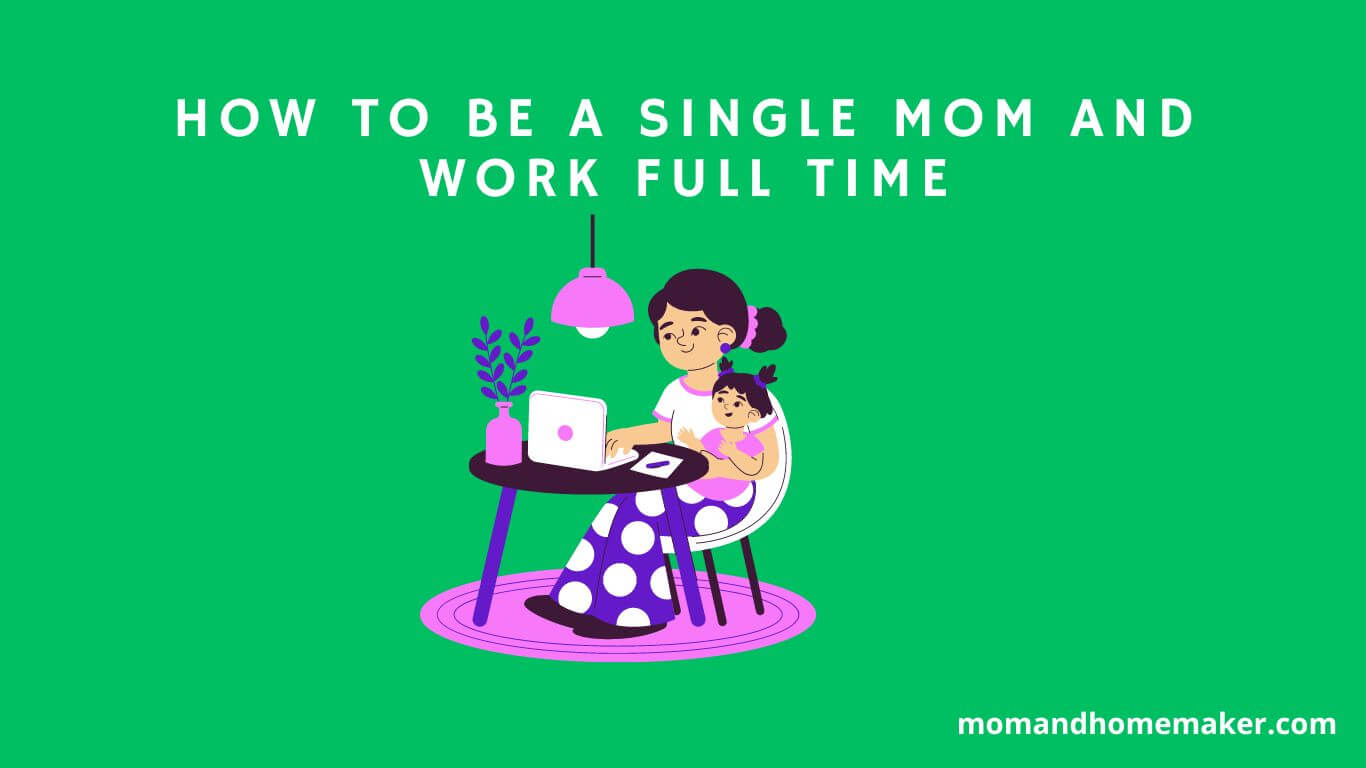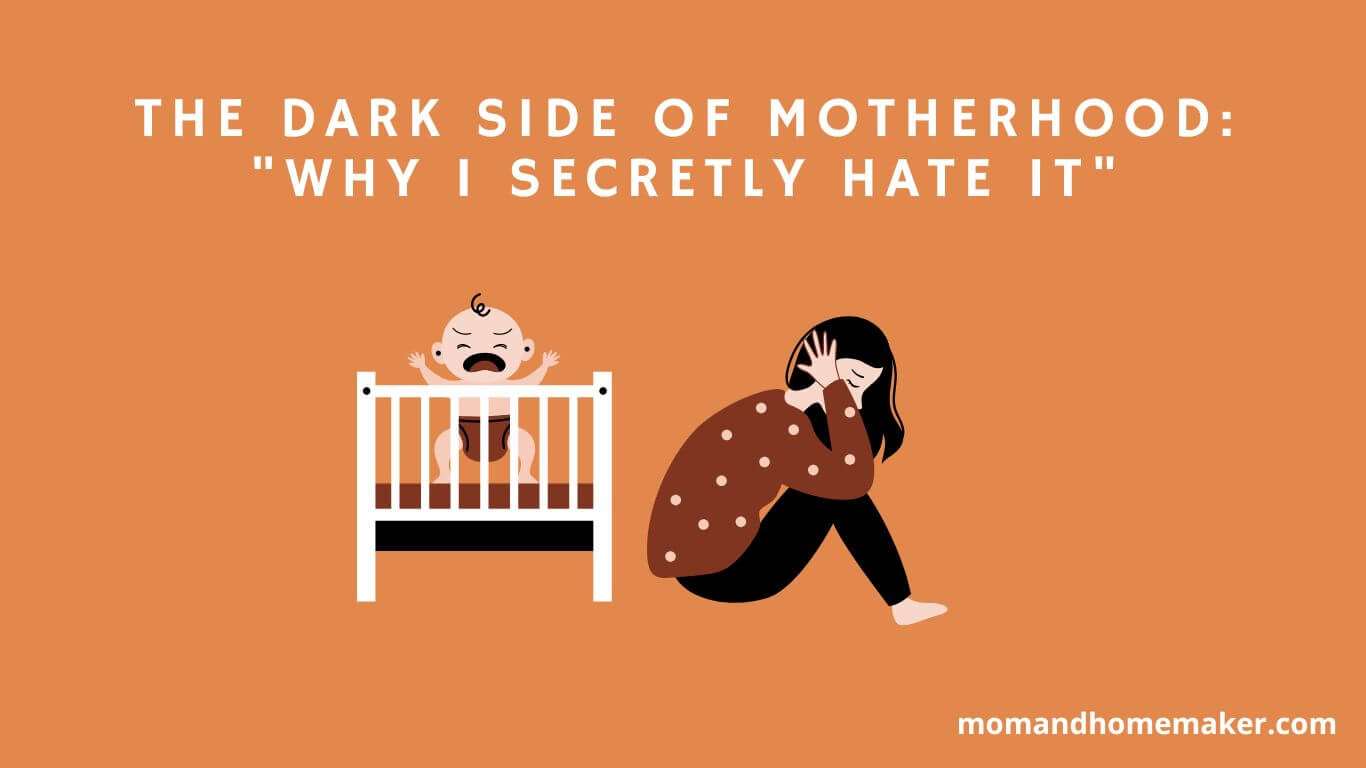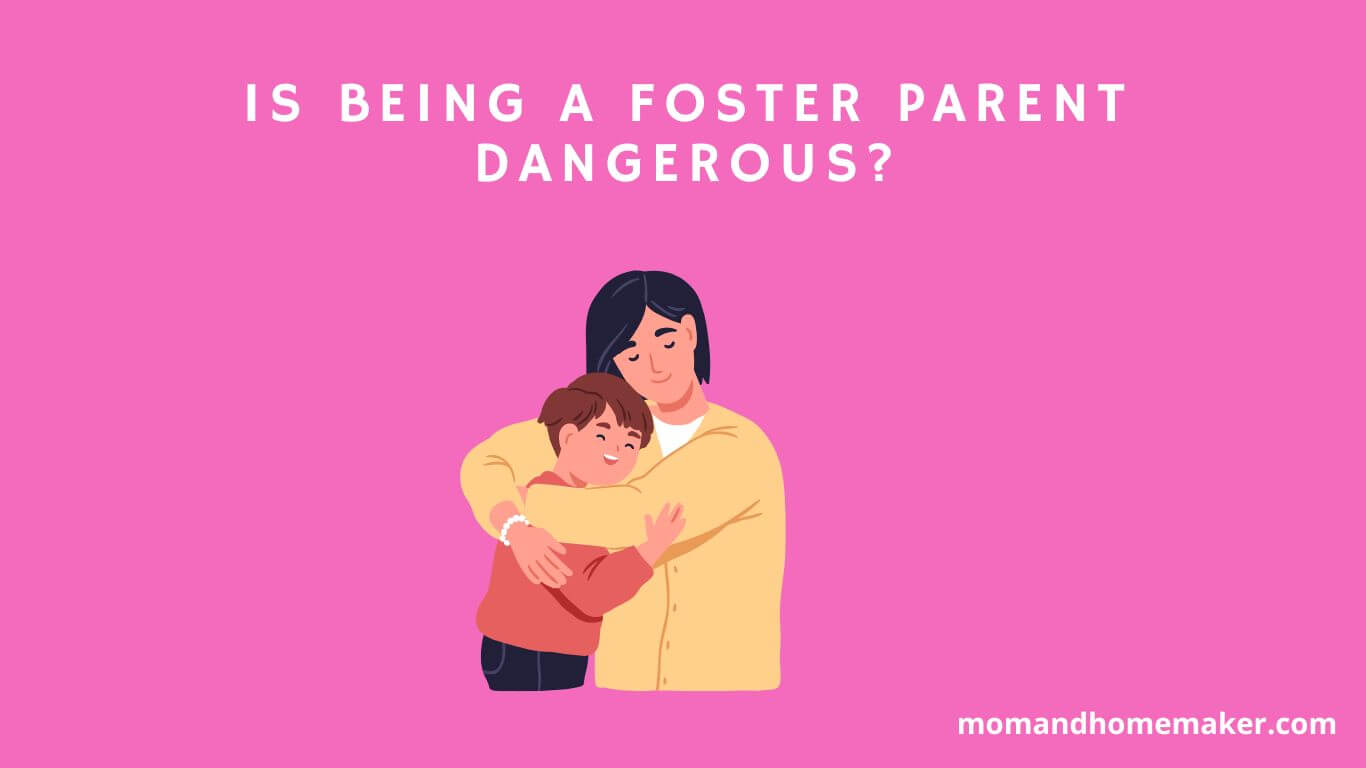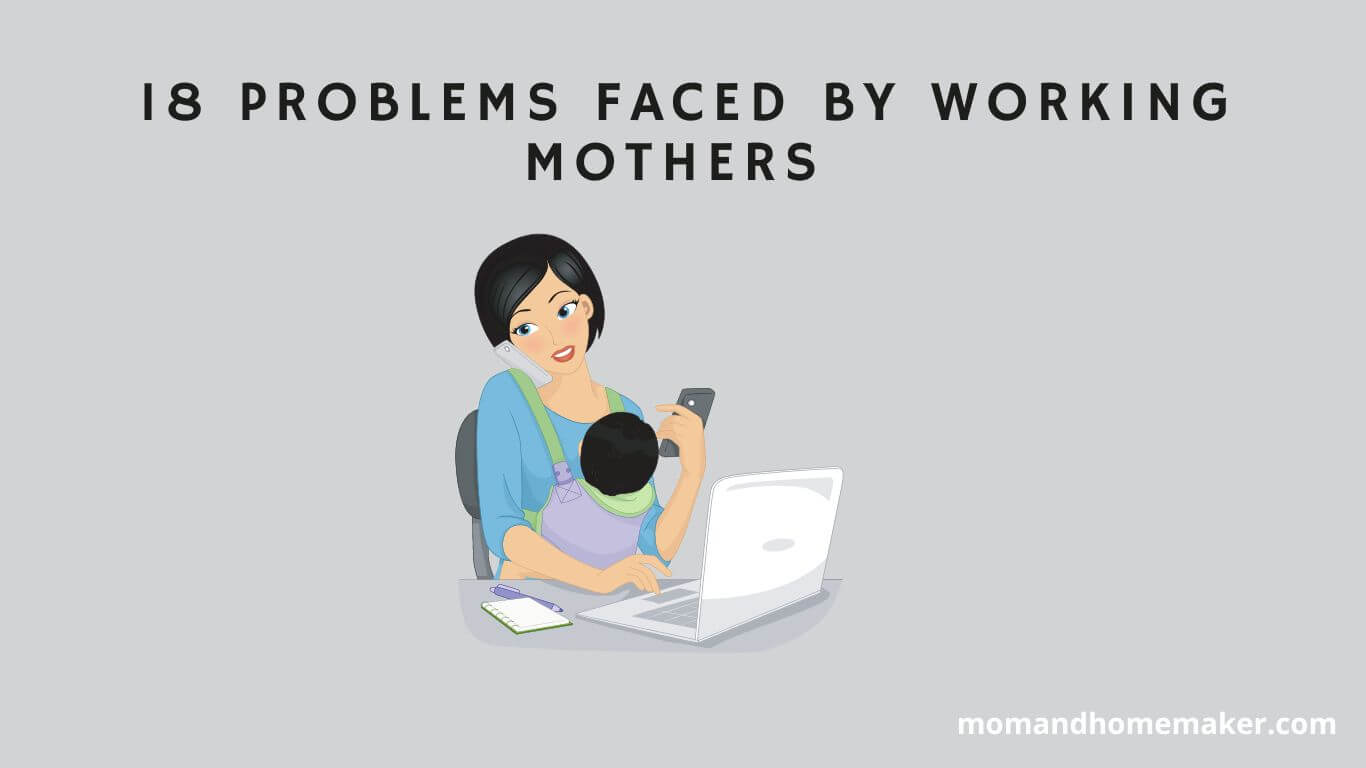Motherhood is one of the most rewarding experiences a woman can have. But it’s also one of the most challenging. From the physical and emotional demands of caring for a baby to the lack of sleep and constant worry, it’s easy to feel like you’re not cut out for this mothering gig. But don’t despair. With a little effort, you can boost your self-esteem and feel more confident as a mom.
5 roles of self-esteem in motherhood
A mother’s self-esteem can have a profound impact on her children. Here are five ways that self-esteem can play a role in motherhood:
1. A mother’s self-esteem can affect her ability to bond with her child.
A mother’s self-esteem can affect her ability to bond with her child. A mother who feels good about herself is more likely to be patient and loving with her child.
She is also more likely to be able to handle the demands of motherhood. A mother who lacks self-esteem may find it difficult to bond with her child.
She may be impatient and angry with her child, and she may have a hard time dealing with the demands of motherhood.
2. A mother’s self-esteem can influence her parenting style.
A mother’s self-esteem can have a big influence on her parenting style. If a mother feels good about herself, she is more likely to be confident and positive in her parenting.
She will be more likely to trust her own instincts and be able to give her children the love and support they need.
On the other hand, if a mother has low self-esteem, she may be more likely to be negative and critical of her parenting. She may doubt her own abilities and find it harder to bond with her children.
Low self-esteem can also lead to feeling overwhelmed and stressed, which can make it difficult to cope with the demands of parenthood.
It is important for mothers to try to maintain a healthy level of self-esteem as it can have a big impact on their ability to parent effectively.
3. A mother’s self-esteem can affect her child’s academic achievement.
A mother’s self-esteem can influence her child’s academic achievement. When a mother has high self-esteem, she is more likely to believe in her child’s ability to succeed.
This belief can lead to increased effort on the part of the mother to help her child achieve academically. The child, in turn, may respond positively to the extra attention and support and perform better in school.
On the other hand, a mother with low self-esteem may doubt her ability to help her child succeed and be less likely to provide the necessary support. As a result, the child may not perform as well academically.
4. A mother’s self-esteem can affect her child’s social development.
A mother’s self-esteem can have a direct and profound impact on her child’s social development. A mother who feels good about herself is more likely to be emotionally available to her children and provide them with the support they need to develop healthy relationships themselves.
Conversely, a mother who has low self-esteem may withdraw from her children or be overly critical of them, which can hinder their social development.
It is important for mothers to work on maintaining healthy self-esteem in order to provide their children with the best possible foundation for social development.
However, it is ultimately up to each individual mother to explore what works best for her and commit to making improvements in this area.
5. A mother’s self-esteem can affect her child’s behavior.
A mother’s self-esteem can affect her child’s behavior. If a mother feels good about herself, she is more likely to be patient and loving with her child. Her child will also feel good about himself and be more confident.
On the other hand, if a mother has low self-esteem, she may be more likely to be impatient and critical of her child. Her child will also pick up on her negative feelings and may have low self-esteem as well.
6. A mother’s self-esteem can affect her child’s emotional development.
A mother’s self-esteem can affect her emotional development. If a mother feels good about herself, she is more likely to be emotionally stable and able to provide her children with the support they need.
However, if a mother feels bad about herself, she may be more likely to experience mood swings and be less able to support her children emotionally. This can lead to problems in the child’s emotional development.
7 tips for building self-confidence
Self-confidence is critical for mothers as they juggle the demands of work and home life. Here are some tips to help you feel more confident:
1. Get organized
When it comes to building self-confidence, being organized can really help. Having everything in its place and under control can give you a sense of accomplishment and control over your life. This can lead to increased self-esteem and confidence.
Being able to find things quickly and easily can also save you time and frustration. This can reduce stress levels, which can have a positive impact on your overall mood and well-being. Feeling good about yourself and your abilities can lead to increased self-confidence.
Organization is not only about physical things, but also about your thoughts and emotions. Being able to declutter your mind and focus on what’s important can lead to improved mental clarity and peace of mind. This can help you feel more confident in yourself and your ability to handle whatever life throws your way.
2. Take care of yourself.
One of the most important things you can do for your self-confidence is to take care of yourself. This means making sure you are physically healthy, mentally stable, and emotionally secure.
When you take care of yourself, you are sending a message to yourself that you are worth taking care of. This helps build self-confidence because it shows that you believe in your own ability to be a success.
Another way taking care of yourself can help build self-confidence is by setting boundaries. When you know your limits and stick to them, it shows that you respect yourself and your needs. This gives you a sense of control over your life, which can be very empowering. It also allows you to focus on taking care of yourself rather than trying to please others all the time.
Finally, taking care of yourself can help build self-confidence because it provides a sense of stability.
3. Seek support
It can be difficult to build self-confidence, but there are ways to get the support that can help. Seeking support is one way to get the encouragement you need to build self-confidence. When you seek support, you are asking for help and guidance from others. This can be a great way to get feedback and help with areas you may be struggling with.
Another benefit of seeking support is that it shows you are willing to work on yourself. This can be a great motivator to keep going when things get tough. Seeing that you are taking steps to improve yourself can give you the boost you need to keep going.
Finally, seeking support can also help build your network. By meeting new people and getting advice from them, you can expand your network and resources. This can lead to more opportunities and help in other areas of your life.
4. Be kind to yourself.
It’s no secret that having self-confidence can make you feel better about yourself and your abilities. But what you may not know is that being kind to yourself is a great way to build self-confidence.
When you’re kind to yourself, you’re acknowledging your own worth and value. This can help you feel more positive about yourself, which in turn can boost your self-confidence.
Being kind to yourself also means accepting yourself for who you are, your flaws, and all. This can be a tough thing to do, but it’s an important step in building self-confidence. Learning to accept yourself will help you feel more confident in your own skin.
So next time you’re feeling down about yourself, try being a little bit kinder to yourself.
5. Get enough sleep
It is a scientific fact that getting enough sleep is essential for good health. But did you know that getting enough sleep can also help build self-confidence?
When you are well rested, you are able to think more clearly and make better decisions. You are also more likely to have the energy to pursue your goals. All of these things can lead to increased self-confidence.
If you are having trouble getting enough sleep, there are a few things you can do to improve the situation. First, try to establish a regular sleep schedule and stick to it as much as possible.
You should also create a relaxation routine to help your body and mind wind down before bedtime. Finally, make sure your bedroom is dark, quiet, and cool, all of which will help promote better sleep.
6. Exercise Regularly
There are many benefits to exercising regularly, and one of those benefits is increased self-confidence. When you engage in regular physical activity, your body releases endorphins, which have mood-boosting effects. Exercise also helps to improve your body image, which can lead to increased self-esteem and confidence.
In addition to the physical benefits of exercise, there are also mental and emotional benefits. Exercise can help to reduce stress and anxiety, and it can also improve your cognitive function. All of these things can lead to increased self-confidence.
So if you’re looking for a way to boost your confidence, start by adding some regular exercise to your routine. You’ll soon see the difference it makes in how you feel about yourself.
7. Stay Positive.
It is well known that a positive outlook on life can lead to a happier and more fulfilling existence. What is not as commonly known, however, is that staying positive can also help build self-confidence. When individuals have a positive outlook, they are more likely to see the best in themselves and believe that they are capable of achieving great things.
On the other hand, those who dwell on negative thoughts tend to have low self-esteem and doubt their abilities. One of the reasons why staying positive helps build self-confidence is because it allows individuals to focus on their strengths rather than their weaknesses.
By accentuating the positives, people are able to see that they have what it takes to succeed instead of fixating on what could hold them back. Additionally, when people are positive, they tend to attract others who are also optimistic.
10 reasons why mothers might lose confidence
Losing confidence as a mother is more common than you might think. Here are 9 reasons why mothers might lose confidence, and what you can do to regain their self-esteem.
1. You’re exhausted
A mother’s confidence can be eroded by many things: a difficult delivery, postpartum depression, and judgment from others. But one of the most common and insidious causes of a loss of confidence is exhaustion.
Exhaustion can make you feel like you’re not cut out for this whole motherhood gig. You question your ability to care for this tiny human when you can’t even keep your eyes open. And when you’re constantly being told that you’re not doing it right, it’s easy to start believing that maybe they’re right.
But here’s the thing: you are doing it right. You are an amazing mother, even on the days when you feel like you can’t do anything right. So cut yourself some slack, take a nap, and remember that even super moms need a break sometimes.
2. Lack of sleep
It’s no secret that new mothers are often sleep-deprived. But what many don’t realize is that this lack of sleep can lead to a loss of self-confidence.
Sleep deprivation can cause a mother to feel overwhelmed and anxious. She may feel like she’s not doing a good job or that she’s not cut out for motherhood. This can lead to her doubting herself and her abilities as a mother.
Lack of sleep can also make a mother irritable and short-tempered. This can cause her to lash out at her partner or other family members, which can further damage her self-confidence.
If you’re struggling with self-confidence as a result of sleep deprivation, it’s important to seek help from friends, family, or a professional.
3. Hormones
Hormones can have a profound effect on a mother’s self-confidence. After all, they are responsible for the physical and emotional changes that occur during pregnancy and postpartum.
During pregnancy, hormones cause the body to go through many changes. Some of these changes can be very intrusive, such as weight gain and stretch marks. These physical changes can make it difficult for a mother to feel good about her body.
Emotional changes can also be triggered by hormonal fluctuations. For example, postpartum depression is thought to be caused in part by hormone imbalances. When a mother is struggling with her mental health, it can be very difficult for her to feel confident in her role as a parent.
Ultimately, hormones play a significant role in how a mother feels about herself.
4. Pressure to be perfect
There’s an immense amount of pressure on mothers to be perfect. We’re expected to raise happy, healthy children while maintaining a successful career and a happy home life. The pressure can be overwhelming, and it can take a toll on our self-confidence.
When we’re constantly being bombarded with messages telling us we need to do more, be more, and have it all together, it’s easy to start feeling like we’re not good enough. We compare ourselves to impossibly high standards and beat ourselves up when we don’t measure up.
This perfectionism can erode our self-confidence and leave us feeling inadequate as mothers. We may feel like we’re never doing enough, and that can lead to feelings of inadequacy and worthlessness. If you’re struggling with self-confidence as a mother, know that you’re not alone.
5. Comparison to other mothers
A mother’s self-confidence can take a hit when she compares herself to other mothers. Maybe she sees another mother who is thinner, has a cleaner house, or is better at balancing work and motherhood. It’s easy to fall into the comparison trap and start feeling like you’re not good enough.
Comparison is a dangerous game to play because it can make you lose sight of your own unique gifts and strengths. Every mother has her own special way of mothering. There is no one right way to do it. When you compare yourself to other mothers, you are devaluing your own parenting style.
It’s important to remember that every mother is on her own journey. You are exactly where you are supposed to be. Trust yourself and your instincts. Be confident in the choices you make for your family. You are the perfect mother for your children.
6. Postpartum depression
Postpartum depression can take a toll on your self-confidence as a mother. The baby blues is when a woman has mild mood swings and crying spells in the first few days after giving birth. But postpartum depression is more serious. It can make you feel withdrawn, hopeless, and unable to care for your baby.
You may feel like you’re not a good mother, which can lead to self-doubt and low self-esteem. If you’re struggling with postpartum depression, talk to your doctor or mental health professional. With treatment, you can get better and feel like yourself again.
7. Lack of self-care
Lack of self-care can make you lose self-confidence as a mother. If you don’t take care of yourself, you’ll feel like you’re not good enough to take care of your family. You might feel like you’re always tired, and you’re never able to get anything done.
This can lead to feeling like you’re not a good mother, and you might start to doubt yourself. If you want to be a confident mother, it’s important to take care of yourself first. Make sure that you’re getting enough sleep, eating healthy meals, and taking time for yourself every day.
Once you start taking care of yourself, you’ll start to feel better about yourself and your abilities as a mother.
8. Guilt
There’s nothing quite like the guilt you feel as a mother. Whether it’s the guilt you feel when you’re working and can’t be with your child, or the guilt you feel when you’re home with your child and not getting anything done, it can be all-consuming. And that guilt can lead to a loss of self-confidence.
When you’re consumed by guilt, it’s hard to see yourself as anything other than a bad mother. You compare yourself to other mothers who seem to have it all together, and you berate yourself for every little thing you do wrong. It’s easy to lose sight of all the things you’re doing right when you’re feeling guilty.
The key is to not let the guilt take over. Remind yourself that you’re doing the best you can, and that’s all anyone can ask of you.
9. Lack of support
As a mother, you are constantly bombarded with things to do. You are expected to cook, clean, work, take care of the kids, and still find time for yourself. It can be hard to feel like you are doing everything right when you are constantly being pulled in different directions. When you don’t have a support system to help you out, it can be even harder. Lack of support can make you lose self-confidence as a mother.
When you don’t have anyone to help you with the day-to-day tasks, it can be easy to feel like you are failing. You might start to doubt your abilities as a mother and feel like you are not good enough. This can lead to a loss of self-confidence. It is important to remember that you are not alone and that there are other mothers out there who feel the same way.
10. Social media
As a mother, it’s easy to feel like you’re not doing enough. Social media can be a breeding ground for comparison and self-doubt. Seeing other mothers with seemingly perfect lives can leave you feeling like you’re falling short.
It’s important to remember that social media is often a highlight reel. We only share the best parts of our lives, which can make it seem like everyone else has it all together. The reality is that we all have good and bad days.
If you find yourself feeling down about your parenting skills, take a break from social media. Spend some time with your kids and focus on the positive aspects of your motherhood journey. You are doing an amazing job!
7 benefits of having high self-esteem as a mother.
1. You’re a better role model for your children.
It’s important to be a role model for your children, and having self-esteem as a mother is a big benefit. When you have self-esteem, you exude confidence. Your children will feed off of your energy and see that you’re happy with who you are. It’s important for them to see that you love yourself so that they can learn to do the same.
In addition, when you have self-esteem, you’re able to set boundaries. You know what you will and won’t tolerate from others, including your children. They need to see that it’s okay to stand up for themselves and that it’s possible to do so without being hurtful.
Finally, mothers with high self-esteem are typically more patient. This is beneficial for both the mother and the child.
2. You’re more likely to feel fulfilled.
Are you a mother struggling to find fulfillment? You’re not alone. Many mothers feel like they’re falling short, but there’s one key ingredient that can make a world of difference: self-esteem.
Self-esteem is essential for feeling good about yourself and your accomplishments. When you have healthy self-esteem, you’re more likely to feel fulfilled as a mother. After all, raising a happy, healthy child is a huge accomplishment.
There are many benefits to having high self-esteem as a mother. You’re more likely to be confident in your parenting decisions, and you’ll be better able to cope with the inevitable challenges that come with parenting. Plus, when you feel good about yourself, it’s easier to enjoy the special moments with your kids.
If you’re looking for ways to boost your self-esteem, there are plenty of resources available.
3. You’re more likely to have healthier relationships.
If you have self-esteem as a mother, you’re more likely to have healthier relationships. That’s because mothers with high self-esteem are more confident and secure in themselves. They’re also more likely to be able to set boundaries and stand up for themselves.
That doesn’t mean that having high self-esteem will guarantee that you’ll never have any problems in your relationships. But it does mean that you’re more likely to have strong, healthy relationships overall.
So why is having healthy relationships so important? Well, healthy relationships provide us with support, love, and connection. They help us feel good about ourselves and give us a sense of belonging. And when we have strong relationships, we’re more likely to be happy and successful in other areas of our lives too.
4. You’re more likely to parent with kindness and understanding.
If you have high self-esteem as a mother, you’re more likely to be kind and understanding with your children. When you have a positive view of yourself, you’re able to see the good in your children and respond to them with patience and love.
Children need parents who are kind and understanding. They need someone to listen to them and help them through tough times. If you have high self-esteem as a mother, you’re more likely to be that person for your child.
Your child will benefit from having a mother who is kind and understanding. They’ll feel loved and supported, and they’ll be more likely to grow into happy, well-adjusted adults. So if you want to be the best parent you can be, work on boosting your self-esteem.
5. You’re more likely to be successful in your career.
Mothers with high self-esteem are more likely to be successful in their careers. This is because they have the confidence to pursue their goals and they are less likely to give up when faced with obstacles. They also tend to be better at networking and building relationships, which can help them advance in their careers.
Self-esteem is also beneficial for mothers who want to return to work after having children. Mothers who have high self-esteem are more likely to feel competent and capable at work, and they are also more likely to receive support from their co-workers.
Having self-esteem can make it easier for mothers to balance work and family responsibilities, and it can also help them cope with the stress of parenting.
6. You’re less likely to suffer from anxiety and depression.
When you’re a mother, you want what’s best for your children. You want to protect them and give them the best possible start in life. But what many people don’t realize is that being a mother also comes with some risks to your own mental health.
One of the biggest risk factors for developing anxiety and depression is stress. And as a mother, you’re likely to experience a lot of stress. From worrying about your children’s safety and well-being to dealing with the everyday challenges of parenting, it’s no wonder that so many mothers suffer from mental health issues.
But there is one factor that can help protect you from the negative effects of stress: self-esteem. If you have high self-esteem, you’re less likely to suffer from anxiety and depression.
7. You’re more likely to feel happy with your life choices.
If you have self-esteem as a mother, you’re more likely to feel happy with your life choices. That’s because when you have self-esteem, you believe in yourself and your ability to make good choices. You’re also more likely to stick with your decisions, even when they’re tough. And when you feel good about your choices, it leads to increased happiness. So if you want to be a happier mom, work on boosting your self-esteem.
Conclusion
In conclusion, self-esteem is important for all mothers. There are many ways to boost your self-esteem. You can start by accepting yourself, setting realistic goals, and making time for yourself. You can also boost your self-esteem by surrounding yourself with positive people and taking care of your physical appearance. Remember, you are the only one who can make yourself feel confident. So go out there and show the world what an amazing mother you are.



